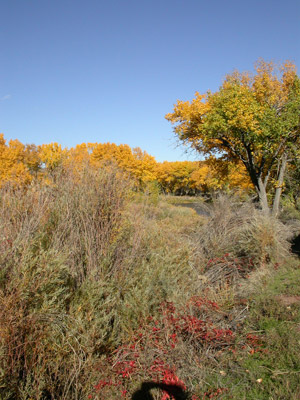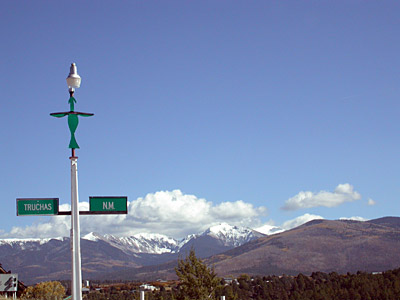Lawmakers want to spend $3 billion to make sure millions of Americans won’t wake up to blank TV screens when the country makes the switch to all-digital broadcasts.
The subsidy was approved Thursday by the Senate Commerce Committee as part of legislation that would set April 7, 2009, as the firm date for television broadcasters to end their traditional analog transmissions and send their broadcasts via digital signals.
Meanwhile, we lag behind the world in deploying the future, broadband internet.

